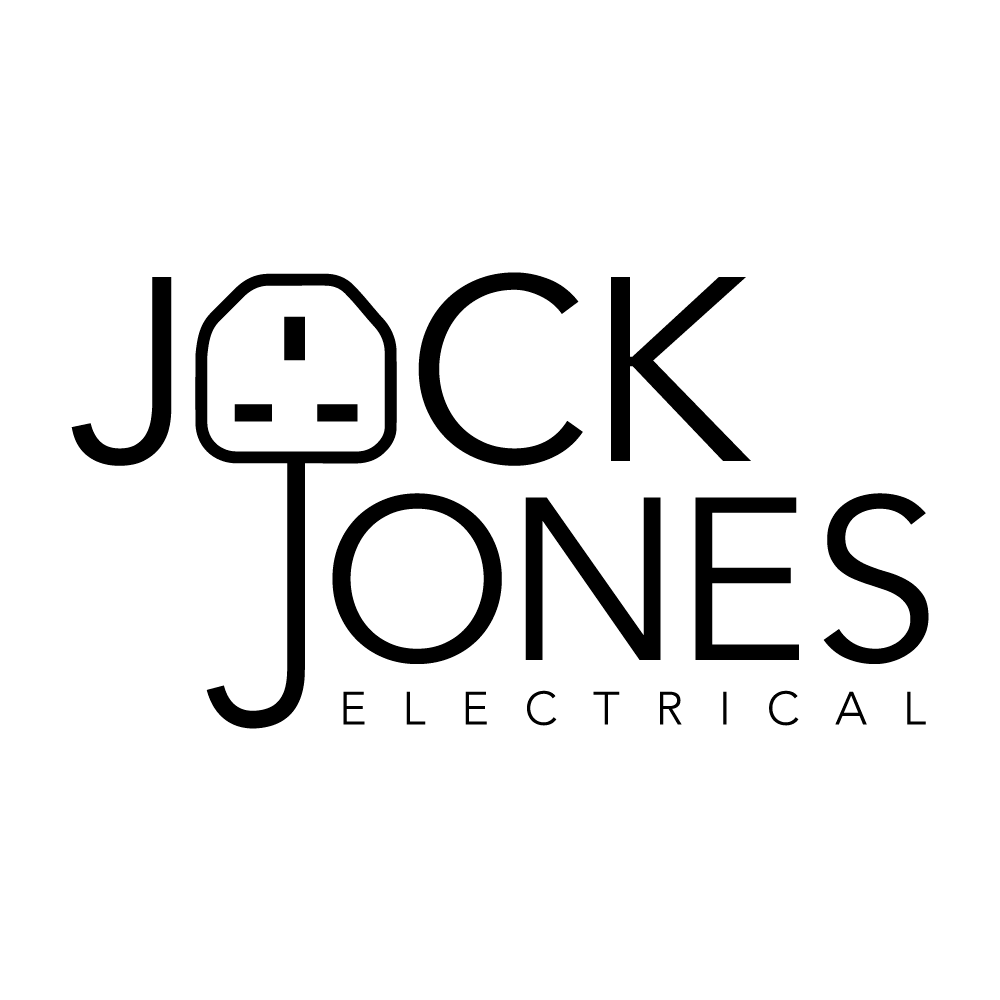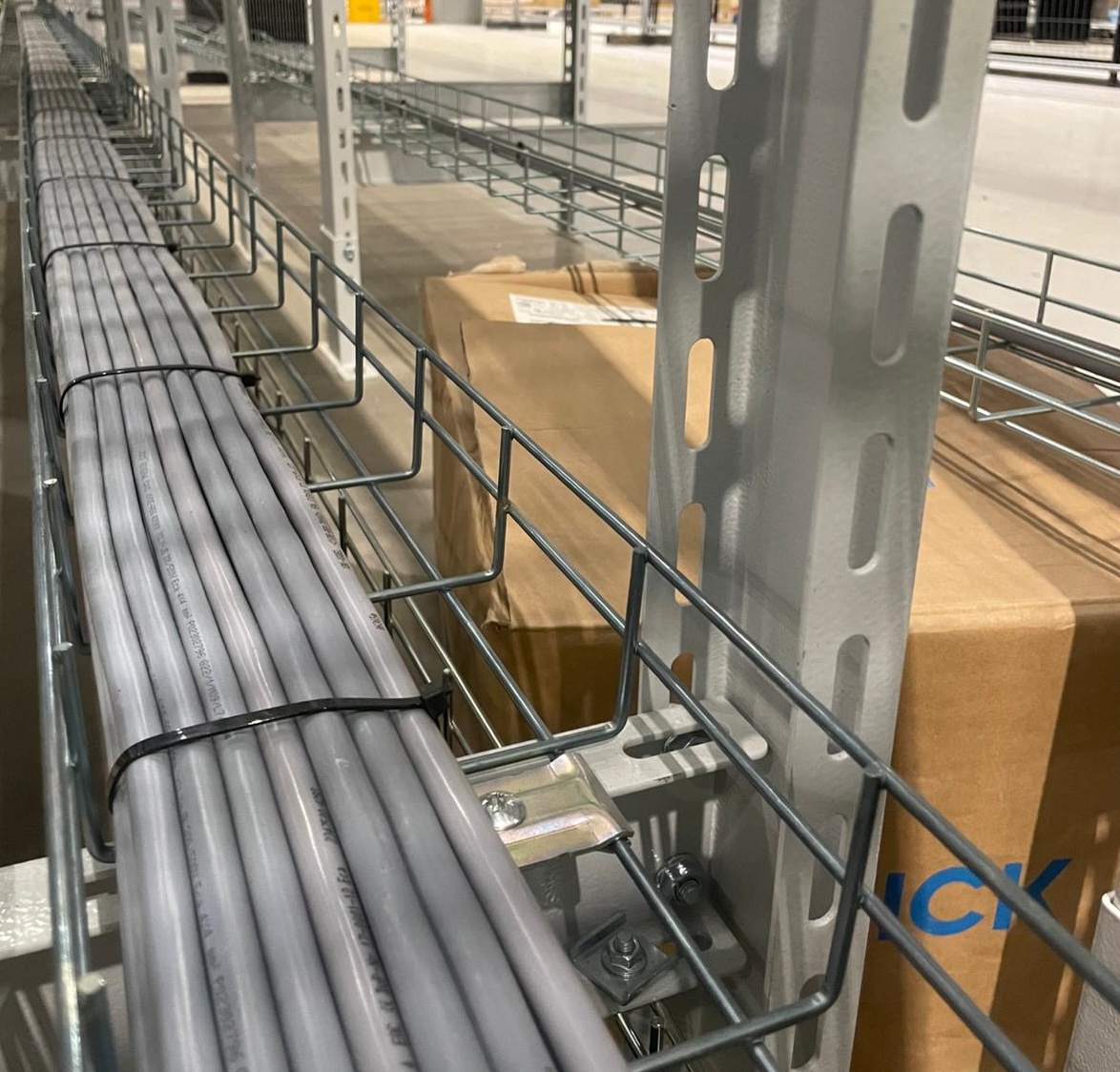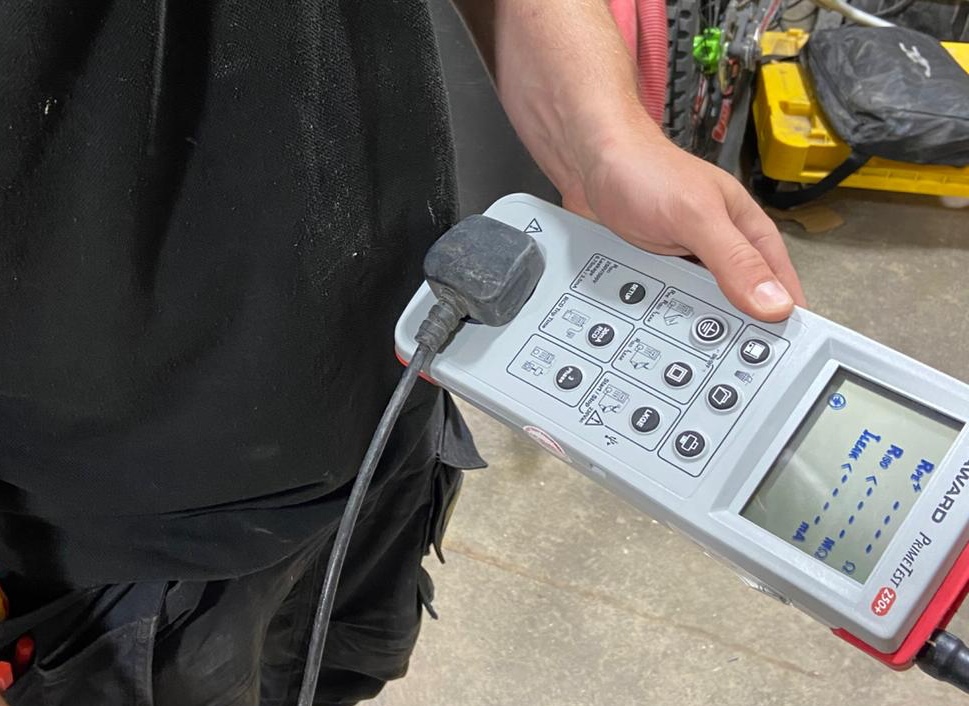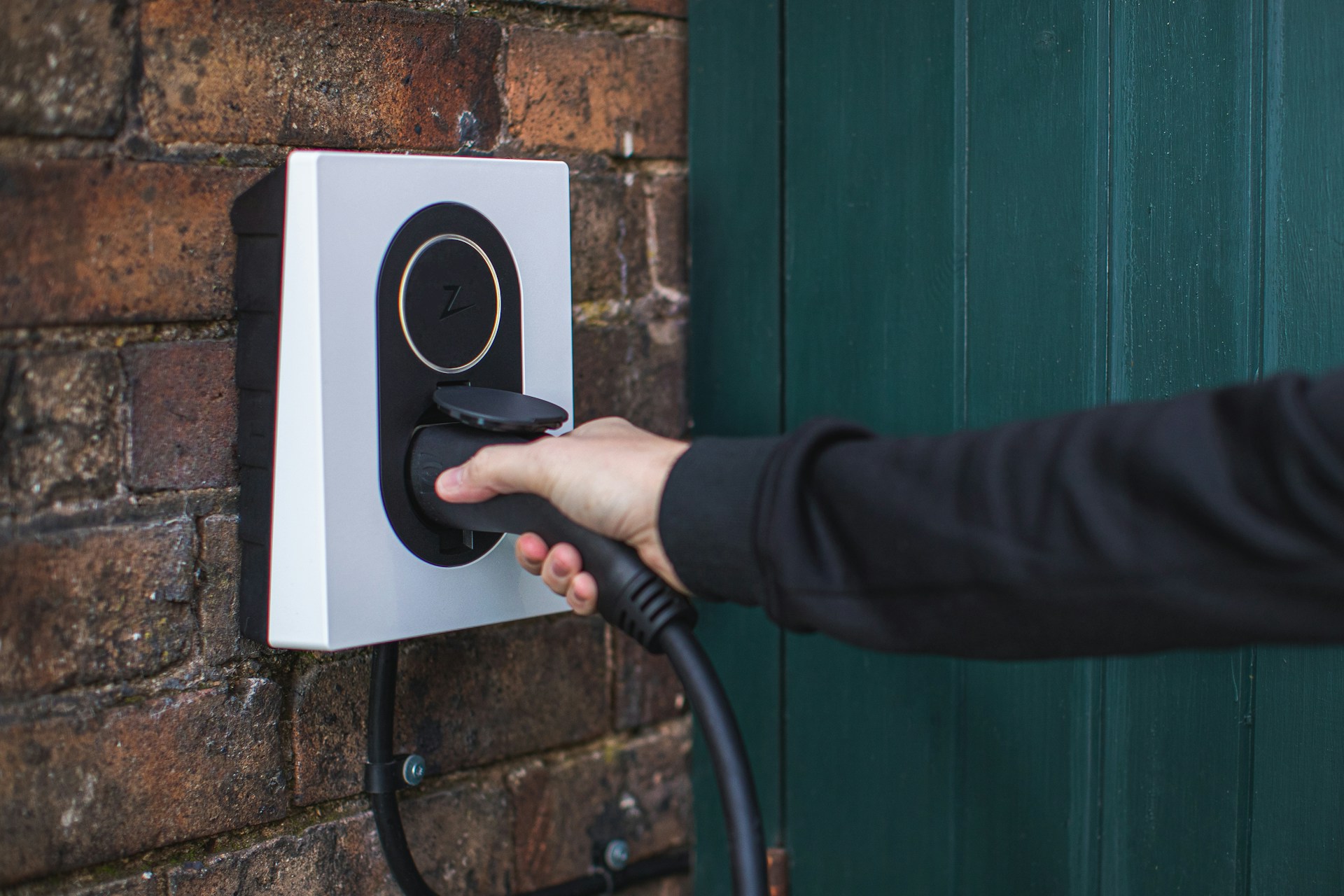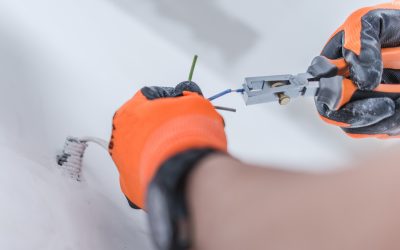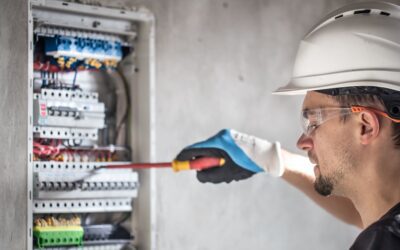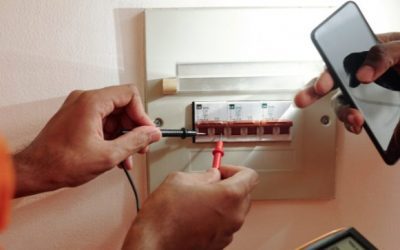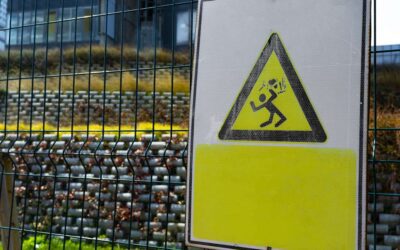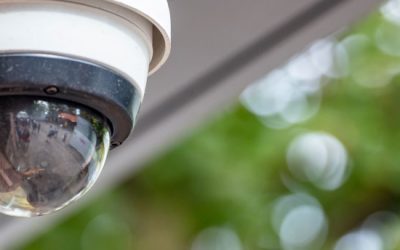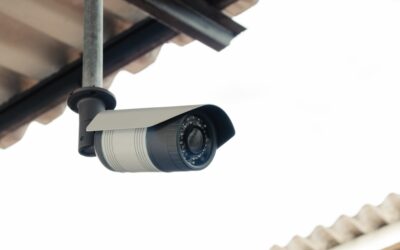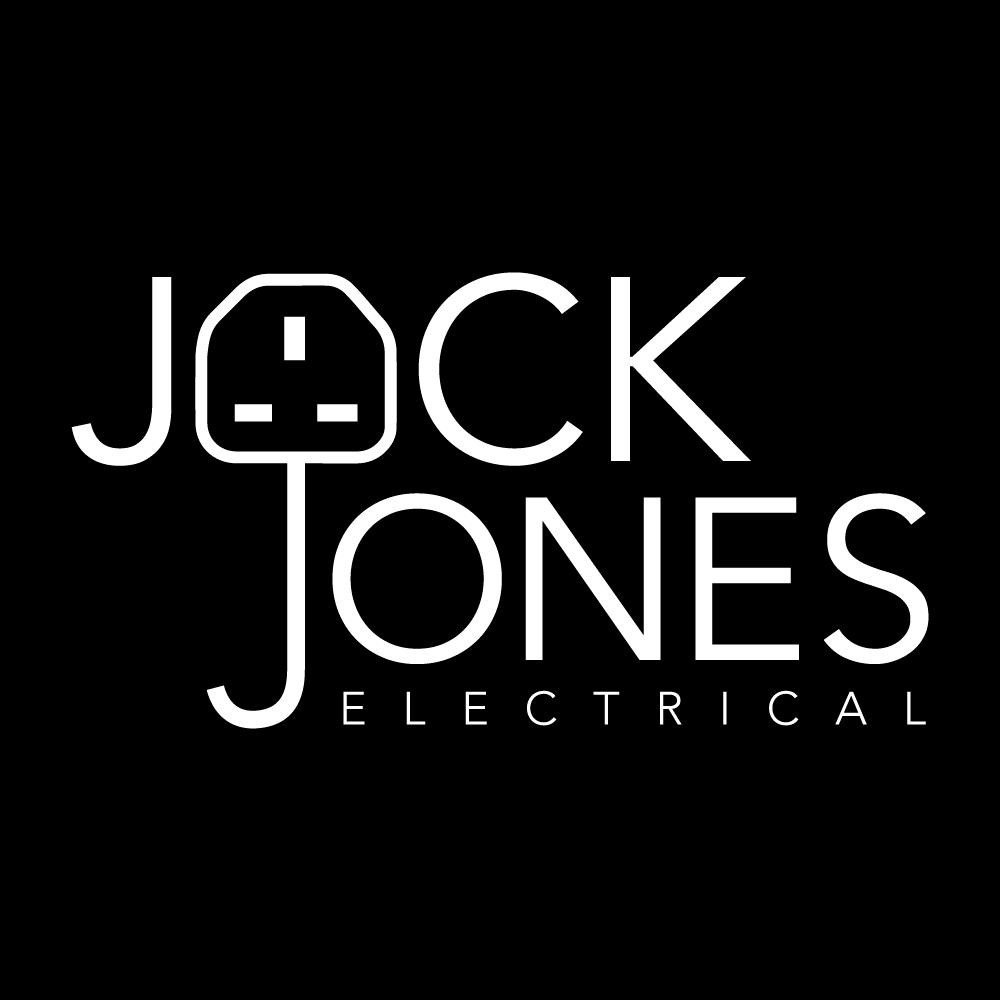Contents
Electrical services companies often talk about domestic and commercial electricians and may specialise in one area or another.
For homeowners, it might be difficult to understand the difference between the 2 services and why should it matter to you when choosing am electrician for your electrical testing or electrical maintenance?
As a leading provider of both domestic and commercial electrical services across Swadlincote, Derby, Leicester, Tamworth, Nottingham and the surrounding area, Jack Jones Electrical understands the differences between the different types of electrician services and why they’re so important. Keep reading to learn more.
What Is A Commercial Electrician?
Commercial electricians are used for commercial electrical installations and to maintain electrical equipment and infrastructure. They are specially trained and have the knowledge and tools needed to carry out commercial work, including installing electrical systems that have the capacity to deal with large-scale electricity requirements.
What Is A Domestic Electrician?
A domestic electrician is a competent person who is able to carry out basic electrical work on small electrical systems for residential homes. They can carry out domestic electrical work, including electrical wiring, as well as installing lighting fixtures, new plug sockets, switches, charging points and other electrical components. They can also fix minor electrical problems but do not have the technical skills to carry out large installations in commercial settings.
What Is The Difference Between A Domestic And Commercial Electrician?
The main difference between the 2 types of electrician is that while commercial electricians can carry out domestic work, the reverse is not true. Domestic electricians work on smaller scale projects, and are not usually qualified or knowledgeable enough to assist with commercial electrical projects. The other differences are listed below.
Setting
The most obvious difference between domestic and commercial electricians is where they work. A residential electrician will provide electrical repairs and services for homes. These might be privately owned or rented houses or individual flats. Commercial electricians can carry out work in a range of commercial spaces, including large warehouses, hotels, hospitals, schools, office blocks and other commercial buildings. Commercial electricians may also provide support to property managers for residential buildings, such as large blocks of flats, dealing with the installation and maintenance of the main electrical systems for the entire building.
Project Scale
Another key difference between commercial and domestic electricians is the size of the projects they work on. Domestic homes tend to be much smaller than large industrial sites, and usually only have a 200 volt supply, although older homes may have less. Commercial or industrial sites can have between 200-800 volt systems or even larger to power all the machinery needed to run a business, and therefore they require more skill to install and maintain. For bigger residential projects, such as installation and testing for blocks of flats, commercial electricians tend to be called in to ensure the job is completed to the applicable regulation standards and is safe for all residents.
Training And Qualifications
In the UK, domestic electricians need far fewer qualifications than commercial electricians. To become a domestic installer, all you need is a Part P Qualification (2393-10) and 18th Edition Wiring Regulations (2382-22). To be classed as an electrician, you will need NVQ Level 3 certification, and to be certified under a Competent Person Scheme to ensure that you comply with relevant building regulations. Commercial electricians need all these as well as a Level 3 Diploma in Electrical Installation, and an ECS Health, Safety and Environmental Assessment. You may also need other certifications to carry out certain work. If you are working in commercial properties with vulnerable service users, such as care homes, hospitals or schools, you may also require a DBS check.
Domestic Electrician VS Commercial Electrician: Conclusion
Now that you understand the differences between commercial electricians and domestic electricians, you can make an informed choice when choosing someone for your next electrical project.
If you’re based in the Midlands and looking for either a commercial or a domestic electrician, then Jack Jones offers the best of both worlds.
Our team are experienced commercial electricians who are also fully-trained to carry out domestic work to the highest possible standard.
Whether you need the installation of CCTV, air conditioning, EV charging points, fire alarms or lighting for a commercial or domestic property, we can help.
Alongside electrical installations, we can also provide a range of testing and maintenance services, including PAT testing, EICR testing, electrical repairs and more.
Safety is a our core focus, and our team work hard to reduce electrical faults and limit issues for your property.
Whatever electrical job you require, Jack Jones is here for you. Contact us today on 07508706527 or by emailing jack@jackjoneselectrical.co.uk to book a site survey.

